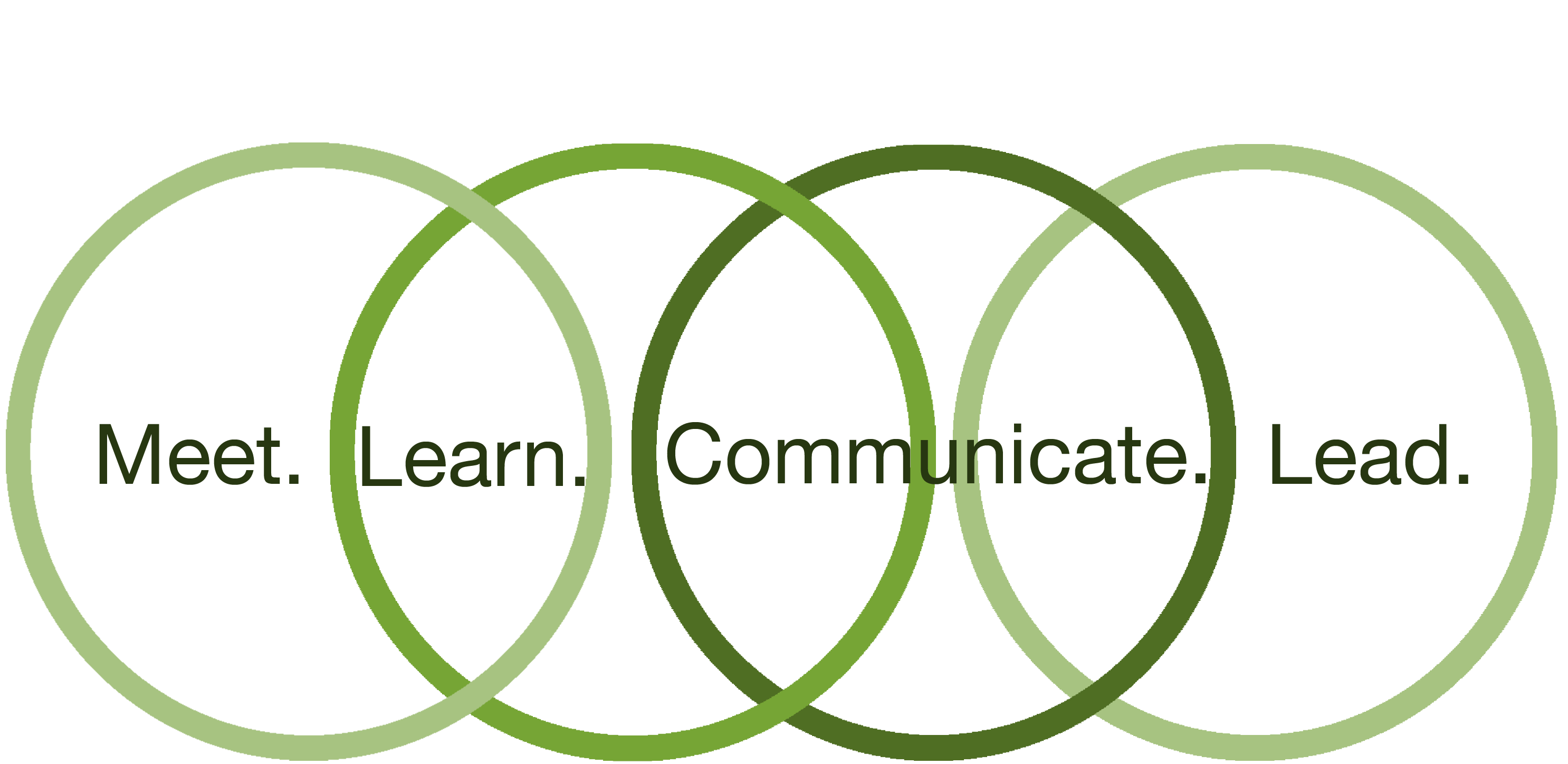Recently a friend told me that he left his successful career at a long-time employer because of the 'virtual culture' that had evolved within the organization. The company had allowed a disrespectful culture to grow within the bounds of virtual meetings and since most of his business was done with people in other offices it made him constantly feel as though he and his time were being disrespected.

Unfortunately, this isn't uncommon amongst organizations who have grown organically to have a large geographic presence. Typically, organizations haven't introduced professional standards, best practices or education around how best to approach meetings (or anything else) virtually and people are left to their own devices.
How many of these common virtual meeting misbehaviours have become 'acceptable' or 'normal' in your organization?
the sounds of eating food or chewing gum
flushing (you know what)
being put on hold and subsequent hold music
late arrivals and ensuing announcement interruptions
late arrivals expecting to be 'brought up to speed' once the meeting is underway
phones ringing, dogs barking or other loud background noises
ignored or forgotten webcams with distracting results
participants talking or making other calls during the meeting
asking for questions to be repeated because of inattention
What are some of the worst experiences you've had (or perpetrated) in a virtual meeting? There are many more than the few I have listed here.
I've had more than one colleague say to me, "I've got a web-meeting this afternoon, I'll respond to your email then." What is it about virtual meetings that makes us think that it's okay to be unprofessional and disrespectful to our colleagues? If the meeting isn't important enough to keep your attention throughout then why are you attending?
Being accountable for your own participation is essential. You can't put your virtual experience all on the facilitator. Here are a few tips to help you improve your virtual meeting experience:
Do the pre-reading - if you're struggling to understand the meeting content because you didn't give the time and thought to materials given to you beforehand then shame on you.
Plan to be focussed - clear your desk and mind of other topics so you can avoid distraction and focus on the meeting topic.
Find the right space - if your desk is noisy or distracting then book a meeting room or close your windows so the neighbour's dog doesn't join the conversation.
Be on time - being timely is respectful, even more so in a virtual setting when it's harder to catch up, repetition is frustrating for everyone and your entrance into the meeting can disrupt the entire flow of conversation.
Plan for distractions - If you know there's likely to be an interruption that is unavoidable (e.g. a courier or tradesperson arriving if you are working from home) then alert the other participants to the probability so everyone is prepared for it when it happens and it doesn't appear that you're putting your colleagues in second place.
Show audio respect - use your mute wisely. Mute out your sneezes, but be ready to talk and participate. NEVER use hold in a meeting. And, if you're using VoIP (computer audio - no phone) regularly then take the time to find and purchase a headset that works well with your computer ($30 will probably get you what you need and really improve your quality of experience).
Take an active role - don't try to 'be engaged' as I so often hear people say. Instead be engaging - this is SO much more important and easier to do. If you participate fully it encourages others to do the same which makes for a better meeting for everyone.
If you get distracted or frustrated - blame yourself not the facilitator, your colleagues or your tools. Consider suggesting meeting norms for the group so that you're all meeting by the same rules and with the same expectations - if you don't make a change no one else will.
Use professional language - never put a colleague in the position of having to choose whether to ignore, report or give you feedback on an inappropriate remark; remember that things are more easily misinterpreted in a virtual setting and err on the side of caution.
Plan for transition time - if you've got back to back meetings you need time between them even when they're virtual so make sure your facilitator knows that you need to finish 5 minutes before the end of the allotted time so you have time to get ready for your next meeting.

The number of virtual meetings in the corporate landscape increases as the world grows smaller, don't let your frustration grow with it. Virtual meetings are different than face-to-face situations but that doesn't mean they need to be difficult. Try making one change from the list above per week and see how your virtual experience changes. Help build a respectful and effective virtual culture in your organization.
Watch for the next Virtual Effectiveness blog post:
Are you Performing an Effective Virtual Balancing Act?
.
